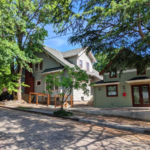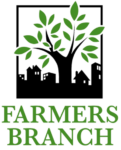Library of Codes
FBCI gathers the best examples of form-based codes from communities across the United States and abroad. The codes represent a variety of community types and applications of form-based standards. Click on the Show Search Options button to search the library by phrase, location, Driehaus Award recipients, and the categories described below.
- Physical Context: size or type of government entity
- Organizing Principle: underlying organization for the code standards
- Implementation Method: how the code standards operate within the zoning ordinance
- Development Type: development types impacted by the code standards
- Special Features: unique code attributes or awards
Lafayette Downtown Code
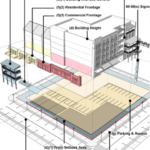 **Driehaus Award Recipient**
**Driehaus Award Recipient**
The Downtown Code for Lafayette, LA was adopted within one year of the city’s Downtown Action Plan to stimulate development that would “enhance the convenience, vibrancy, and charm of outdoor rooms inherent to urban…more
Heart of Peoria Form Districts
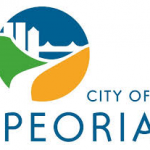 **Driehaus Award Recipient**
**Driehaus Award Recipient**
The Form-Based Code of the City of Peoria, Illinois, is a national model for creating the form-based portions of a code – targeted to specific areas that offer great opportunities for revitalization – as part…more
Code Documents
Raleigh Unified Development Ordinance
The Unified Development Ordinance (UDO) was initiated in 2010 in response to several factors. First, the City of Raleigh adopted a new Comprehensive Plan in 2009 that sought to focus development in mixed-use…more
Etiwanda Heights Neighborhood & Conservation Plan
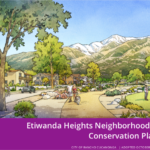 **Driehaus Award Recipient**
**Driehaus Award Recipient**
This code strikes the perfect balance between walkable urbanism and conservation of natural areas. It is well-organized, easy to follow, and includes impressive visuals that make the document clear and approachable. The process…more
Santa Ana Transit Zoning Code
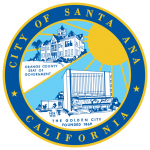 **Driehaus Award Recipient**
**Driehaus Award Recipient**
The City of Santa Ana’s code thoughtfully focuses on the subtleties of building placement, massing, and building and frontage types for an existing 457-acre community. The code illustrates many best practice examples for…more
Code Documents
City of South Bend Zoning Ordinance
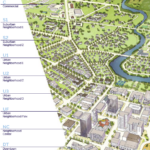 **Driehaus Award Recipient**
**Driehaus Award Recipient**
This citywide code is an excellent model for any city—particularly legacy cities—seeking to use code reform to promote fiscally and environmentally sustainable urban regeneration, greater housing diversity, walkable neighborhoods, and stronger urban design.…more

